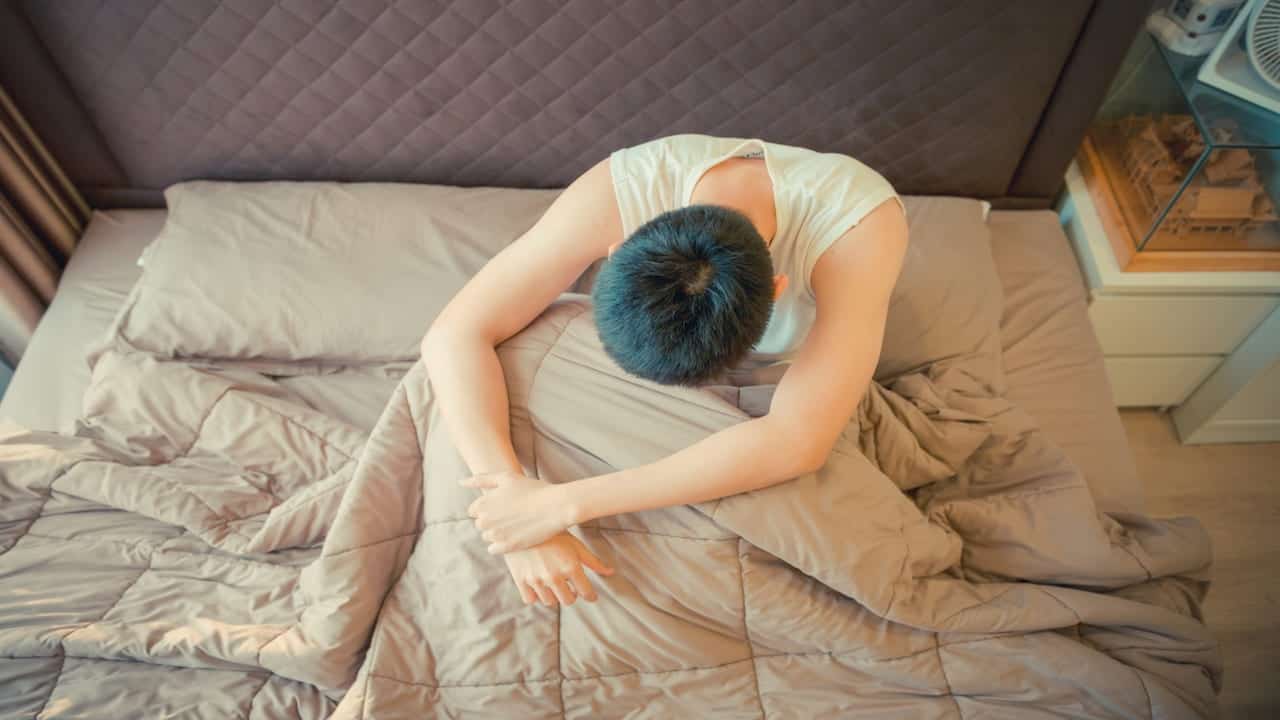Bedwetting, otherwise called nocturnal enuresis, is a common phenomenon associated with children. Many children with nocturnal enuresis a bedwetting accident once or several times a month. Bedwetting should last until a child turns six years old. It’s not a worrying concern until the child enters teenhood.
Can you imagine wetting the bed at older ages? How would it affect your self-esteem? That is the reality of individuals affected by nocturnal enuresis. Urinary incontinence has adverse effects on an individual’s personality and self-esteem. Moreover, young people with nocturnal enuresis wet the bed even if they don’t have neurological disorders or any form of abnormality.
But, how do you tackle bedwetting? Traditional interventions to nocturnal enuresis include alarm therapy and desmopressin medication. However, these interventions don’t assure patients have dry nights or a dry bed.
Hypnosis for bedwetting is a perfect intervention that has proven effective in addressing bedwetting concerns.

Hypnosis Downloads
Let hypnosis help you address nocturnal enuresis. There are hypnosis audios that can help you combat bedwetting. More than 1,200 audios are available online, which you can download and add to your local playlist.
There are also more than 1,250 hypnosis scripts ready for download. These scripts are written and edited by professional hypnotherapists; therefore, you are assured of their effectiveness. The scripts have a pre-hypnotherapy chat well structured with suggestions and reframed for effective hypnotherapy.
Since 1995, more than 600,000 individuals have benefitted from the hypnosis audios in combating claustrophobia. Researchers in the field used randomized clinical trials and comparative studies to test the success of hypnosis for bedwetting and got positive results.
What Is Nocturnal Enuresis?
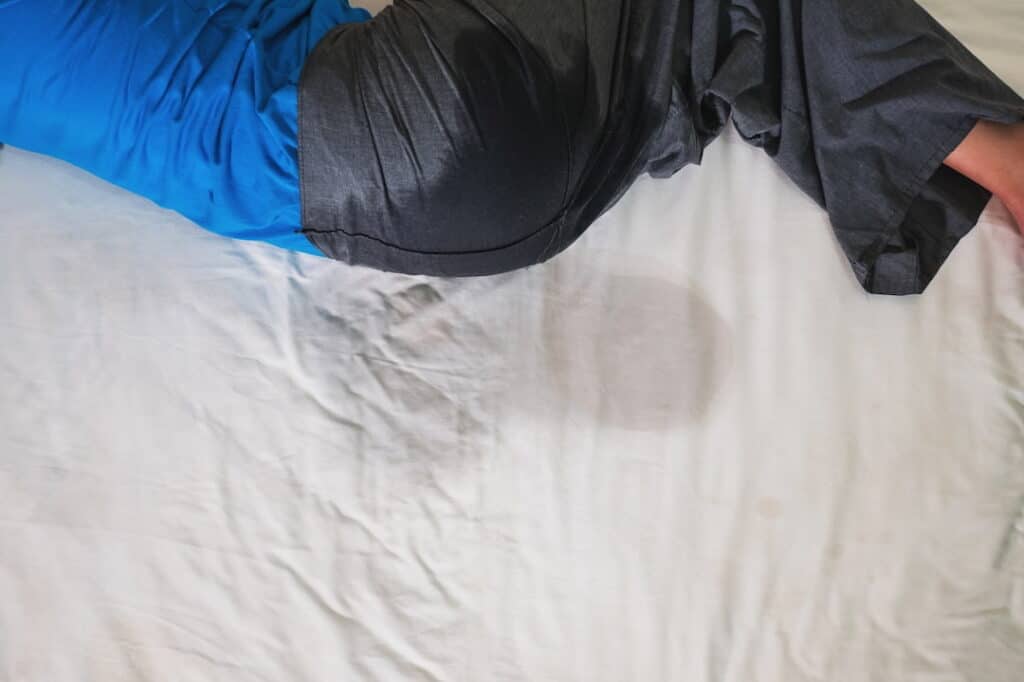
Nocturnal enuresis is a condition where an individual involuntarily urinates on the bed while sleeping. This is mainly for individuals old enough to control their bladder. A related condition is a diurnal enuresis, where the individual wets the bed in the daytime.
An individual who has been wetting the bed since their childhood is said to have primary nocturnal enuresis. On the other hand, Secondary nocturnal enuresis is when an individual develops bedwetting issues six months or so after they can control their bladder.
Adolescents aged seven years and more are affected by nocturnal enuresis if they wet their bed at least once a month.
What Causes Bedwetting?
Bedwetting can be a result of physical or medical issues. However, most bedwetting cases are a result of non-medical reasons.
Below is a list of what causes bedwetting.
- Genetic Inclination. There would be chances for bedwetting if one or both of the parents had the same condition. The chances increase if both parents have the condition.
- Small functional bladder capacity. Individuals affected have a normal bladder like others but have a higher urge to urinate.
- Emotional stress. This is common to individuals who develop bedwetting issues long after they gain control of their bladder. Being stressed about this condition may bring about bedwetting.
- Deep sleep. A child who has a deep and sound sleep has a higher chance of wetting the bed.
- Constipation. This is among the leading factors of bedwetting.
- Sleep apnea. Individuals with sleep disorders, such that they have breathing complications at night, can wet the bed easily.

What Is the Bedwetting Prevalence?
Bedwetting is mainly associated with children below six years, a condition referred to as childhood nocturnal enuresis. However, these children do not gain control over their bladders at the same time. Some manage to control at an earlier age than others.
However, bedwetting does not happen in children alone. There are teens above seven years who involuntarily wet their beds at night. Children should stop wetting the bed as soon as they learn how to control their daytime bladder. Unlikely to some, this may not work.
It is common for almost all or one-third of children below four years to wet the bed. At six years of age, at least one in every ten children wet their beds. The number reduces when they reach ten years of age, where a group of 20 children can have one who urinates. That is not the end: the problem can also affect young adults.
How to Diagnose Nocturnal Enuresis
The most effective and reliable way to diagnose nocturnal enuresis is to consult a medical practitioner. The practitioner should examine and clarify your health aspects (see also health hypnosis). Some of the questions you might be asked are based on:
- Your family health conditions
- Your allergies
- Any observable symptoms If you’re on medication or not
- Your health condition history
Other than your medical history, the practitioner should also clarify about your:
- Sleep patterns
- How your urinary system responds and your urinary habits
- If there are concerns that are stressing you
The practitioner should then proceed to do a urinalysis test. This is to ascertain if there are diseases that may cause nocturnal enuresis. After you’re done with the doctor, you should choose an appropriate intervention based on the test results. The doctor should guide you on the best way to address your condition.
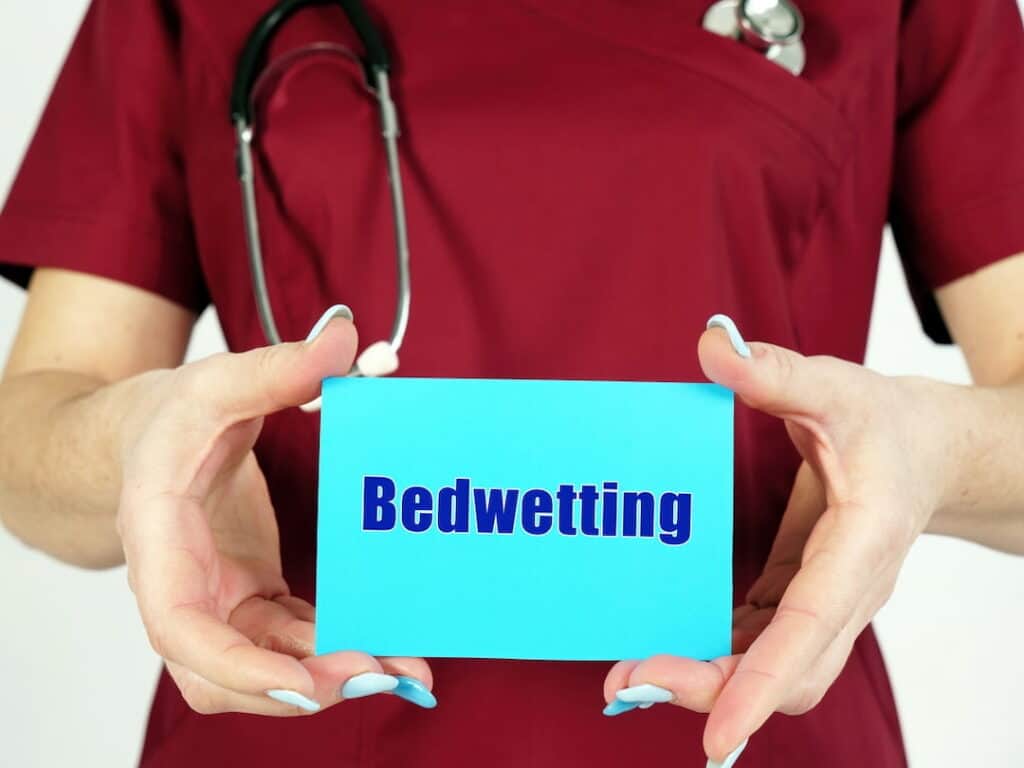
What Are the Bed Wetting Interventions
Several ways have been put in practice to address and curb bedwetting vice. Hypnosis for bedwetting is the most effective treatment alternative to addressing this vice. Other than this, there are a few other ways you can use to curb bedwetting. They include bedwetting alarms, desmopressin medication, and managing what you drink before going to bed.
The problem with alternatives to hypnosis is that the individual becomes hooked and dependent on external resources to control them rather than internal resources.
Bedwetting Alarm Therapy
You can use bedwetting alarms to prevent bed wetting vice. However, this intervention method has its downsides. First, it takes a more extended period to achieve positive results. You can wait for as long as six months before you experience a change. Secondly, this method has a lot of inconveniences. You can not manipulate the alarm to wake one person alone at night. Once the alarm rings, it’ll disrupt almost everyone within reach of the sound.
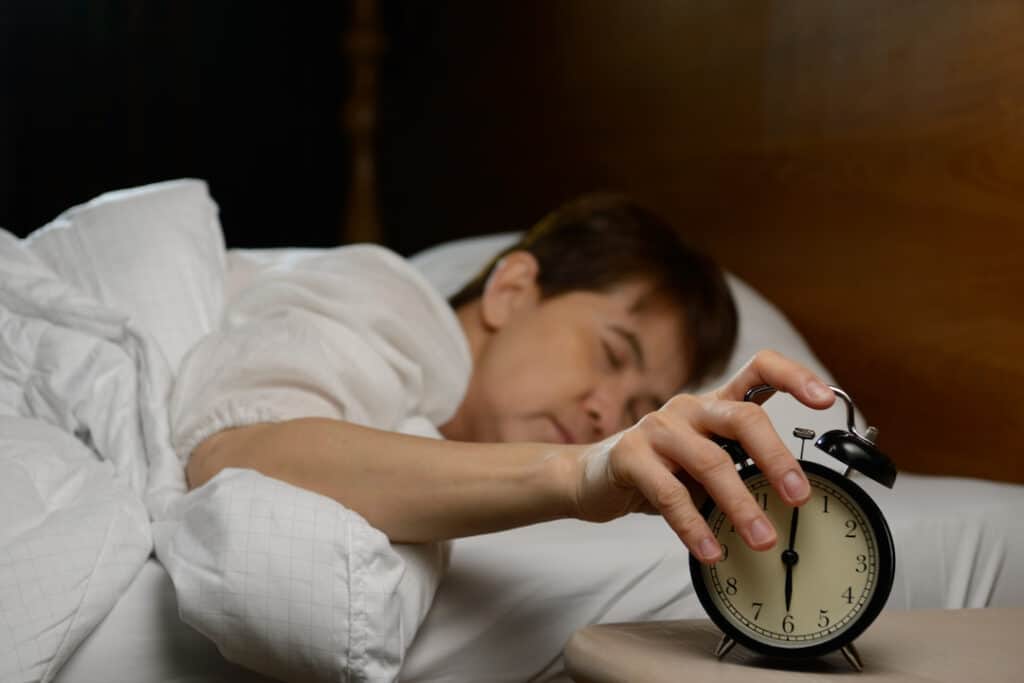
This method also needs close monitoring by a parent. Children are fond of forgetting things quickly. They may forget to turn on the alarm or may ignore them. Don’t forget that alarms at night can interfere with your sleeping habits and patterns. If this happens for long, you may develop sleep disorders.
Use of Medication
You can visit a healthcare provider for a medical prescription. You can use desmopressin medication, tricyclic antidepressants, and any other medication the doctor will prescribe. The downside to medical intervention is that the subject becomes hooked to them, which are external locus. Long after the children stop using the medication, the vice might redevelop again. Not to mention the side effects that might associate with the medications.
Manage What You Have Before Going to Bed
An individual with nocturnal enuresis is more likely to wet the bed when they drink heavily before going to bed. Also, make sure you visit the washroom before going to bed. This will reduce your chances of wetting the bed.
Avoid or take a minimal amount of coffee, soda, or any other drink when you near bedtime.
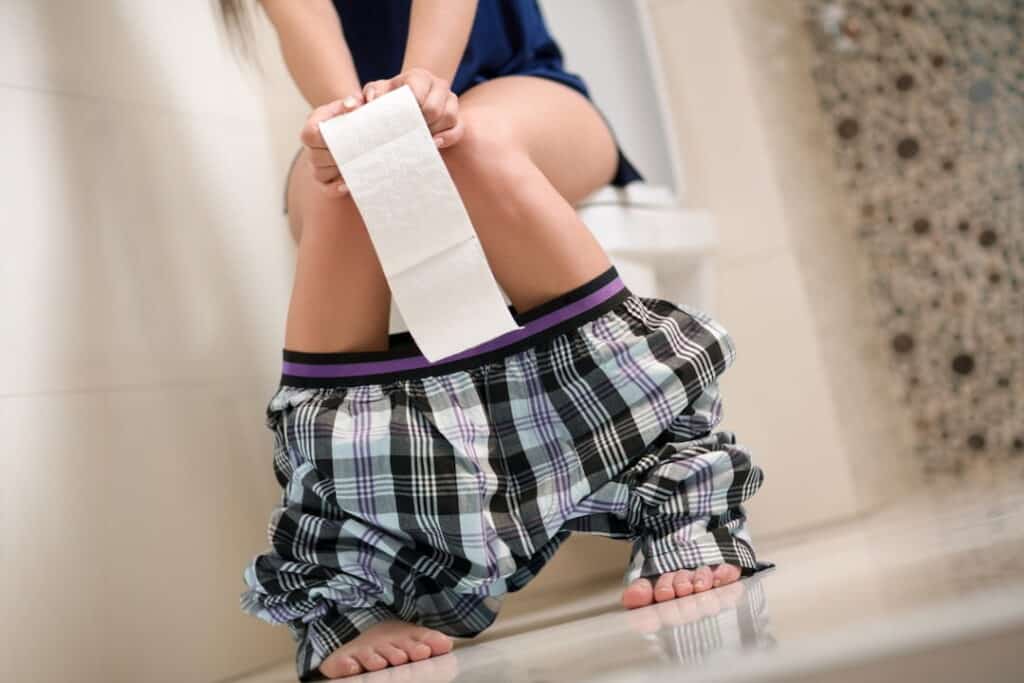
Why Hypnosis Is the Master in Stopping Bedwetting Vice
As mentioned, there are various ways you can use to curb bedwetting. In all the methods, the best alternative that is more effective than all the other methods is medical hypnosis. The best time to use hypnosis is if the problem is caused by anxiety, negative thoughts about bedwetting, or habit-related concerns. This happens if an individual has been wetting the bed for long without ceasing.
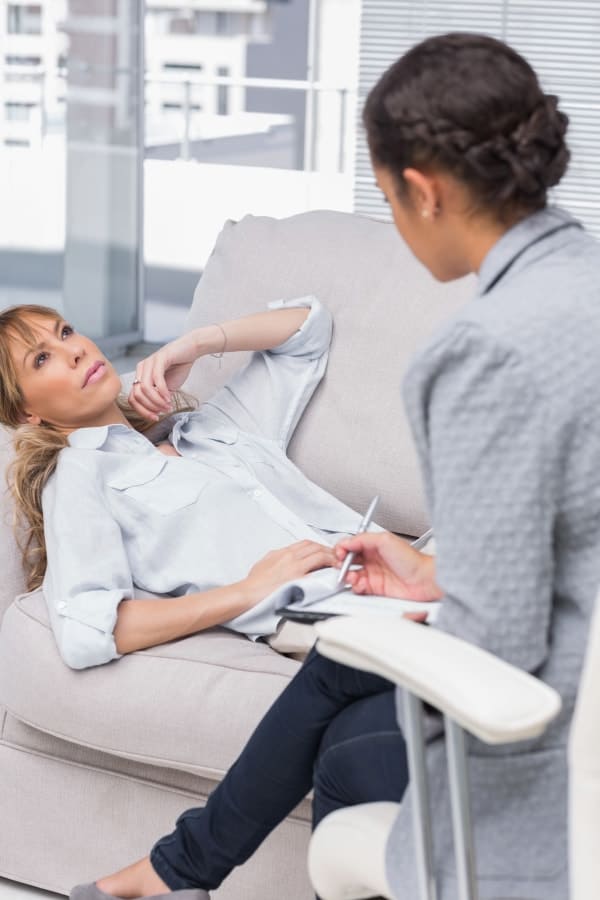
Hypnotherapy is a natural and safe way of addressing nocturnal enuresis in children, adolescents, and grown-ups. Among many reasons, it’s the most preferred method to address this condition.
The good thing again about clinical hypnosis is that it doesn’t have side effects, and it’s affordable; you don’t need to purchase drugs.
Hypnosis has also proven effective in children. They like the idea of using their imagination to visualize. This is the key to successful hypnosis.
Hypnotherapy and nutritional advice go in handy. A balance between the two will produce a fast and permanent solution to the bedwetting vice.
Your child will improve their self-esteem, self-confidence and will lead a more quality and free life after learning medical hypnosis.
What About Self-Hypnosis Recordings
There are self-hypnosis recordings you can download to your playlist to help you stop bedwetting. Listen to the recording regularly and continuously for several weeks for a lasting solution – we already discussed whether self-hypnosis works or not in our previous informative post, which we strongly recommend reading.
The self-hypnosis downloads are ideal for children who can manage a few dry nights. Otherwise, you’ll need a face-to-face appointment with a clinical hypnotherapist.
Bedwetting FAQs
Is Bed Wetting a Psychological Phenomenon?
Bedwetting can be linked to psychological concerns. Events not typical to a child’s routine can cause them to develop emotional stress. The disruptive events can be relocation to a new place or the death of a close individual. This, in return, may cause nighttime bedwetting.
Does Hypnotherapy Work for Bedwetting?
Yes, hypnotherapy works for bedwetting. It is the most effective natural way of addressing bedwetting—a large percentage of individuals who opt for hypnosis experience a permanent result. They are assured a dry night for the rest of the time.
Is It Normal to Wet the Bed When You Reach Twenty Years?
Bedwetting is mainly associated with children below six years. However, this problem can go on till adolescence and adulthood of an individual. It is rare, but if it happens, the individual should seek help from a clinical hypnotherapist.
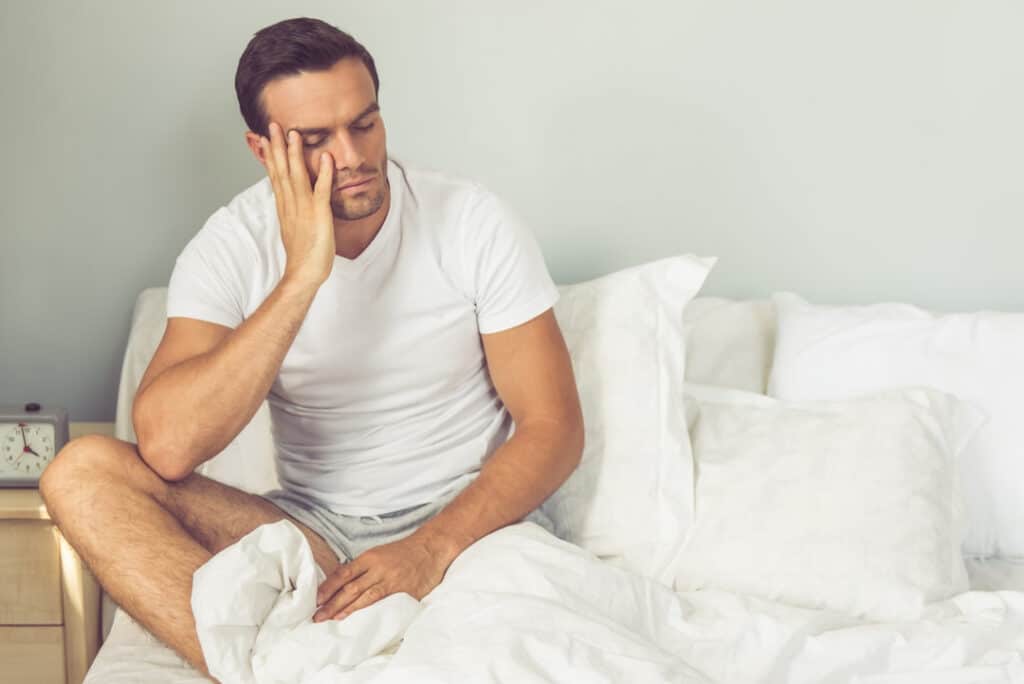
The Bottom Line
Don’t let bedwetting embarrass you or bring down your self-esteem. You should consider hypnosis as a fast and long-lasting solution to your problem. Nighttime dryness will improve your sleeping routine and quality of life significantly.
Avoid drugs at all costs as they may have some adverse side effects. It would be best if you eliminated dependency on external loci. Therefore, hypnosis is the only practical and reliable intervention to bedwetting. Supplement your hypnosis with proper nutritional habits before going to bed.

